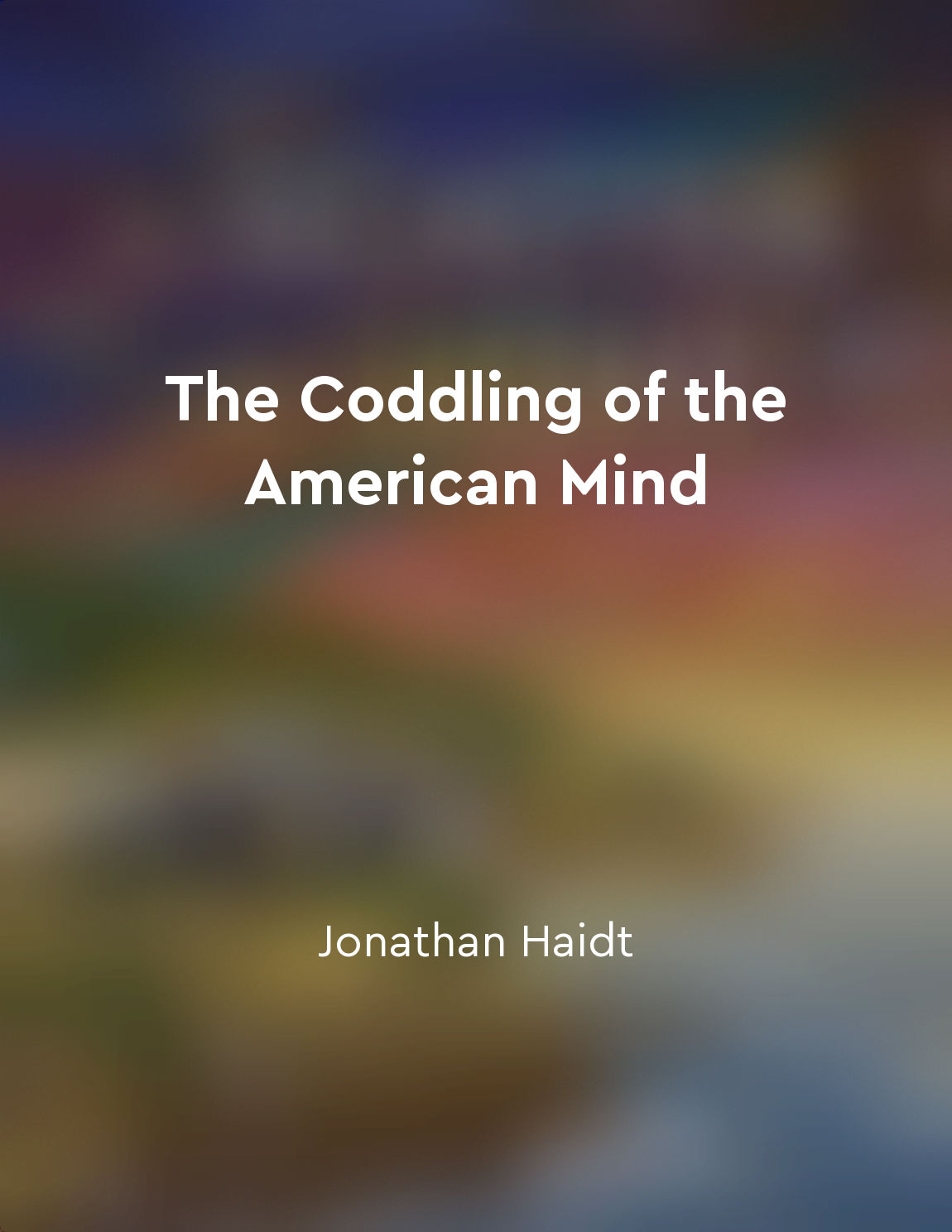Audio available in app
The irrationality of human decisionmaking from "summary" of Alchemy by Rory Sutherland
Humans are not always rational beings. In fact, we often make decisions based on emotions, biases, and heuristics rather than complete logic. This irrationality of decision-making is a fascinating aspect of human behavior that has puzzled psychologists and economists for years. Our decisions are influenced by a variety of factors, including our emotions, social norms, and cognitive biases. We often rely on mental shortcuts, or heuristics, to make decisions quickly and efficiently. These shortcuts can sometimes lead us astray, causing us to make irrational choices that go against our best interests. One example of this irrationality is the concept of loss aversion. People tend to fear losses more than they value equivalent gains, leading them to make decisions that are not always in their best interest. This bias can have a significant impact on our decision-making processes, causing us to avoid risks and stick with the status quo, even when it may not be the best option. Another factor that influences our decision-making is our emotions. We are often swayed by our feelings, leading us to make choices that are based more on how we feel in the moment rather than a logical analysis of the situation. Emotions can cloud our judgment and cause us to make decisions that we may later regret. Social norms also play a significant role in influencing our decisions. We are often influenced by what others are doing or what is considered socially acceptable, leading us to conform to certain behaviors even if they may not be the best choice for us individually. This social pressure can override our logical thinking and cause us to make decisions that are not in our best interest.- The irrationality of human decision-making is a complex and multifaceted phenomenon that has important implications for understanding human behavior. By recognizing the various factors that influence our decisions, we can begin to understand why we make the choices we do and how we can make more informed and rational decisions in the future.
Similar Posts
Microeconomics studies individual decisions and how they affect markets
Microeconomics is all about looking at the small picture. It's about zooming in on individual decisions and how they can have a...
Time is a crucial factor in investing
Investing is not just about picking the right stocks or timing the market. It is also about understanding the power of time in ...

Judicial review ensures legal consistency
Judicial review is a mechanism that allows courts to review the constitutionality of laws passed by the legislature. This proce...

Banking institutions serve as financial intermediaries
Banking institutions play a crucial role in the economy by acting as financial intermediaries. Their primary function is to fac...
Milton Friedman believed that free markets were the most efficient way to allocate resources and create wealth
Milton Friedman, a prominent economist of the 20th century, was a staunch advocate of free markets as the optimal system for re...

Safe spaces can become echo chambers
When people come together to seek safety and validation, they often unintentionally create echo chambers. These are spaces wher...
Selfawareness sets humans apart from other animals
One of the most defining characteristics of human beings is their self-awareness. This ability to reflect on oneself and unders...
Humor is a tool for navigating the corporate world
In the world of corporate America, where absurdity reigns supreme and logic is often an afterthought, humor can be a powerful w...
Keynesian economics challenges classical theory
In the realm of economic thought, there exists a long-standing debate between the classical economists and the proponents of Ke...

Historical examples highlight market irrationality
The examination of historical examples can provide valuable insights into the irrationality of markets. By looking back at past...

